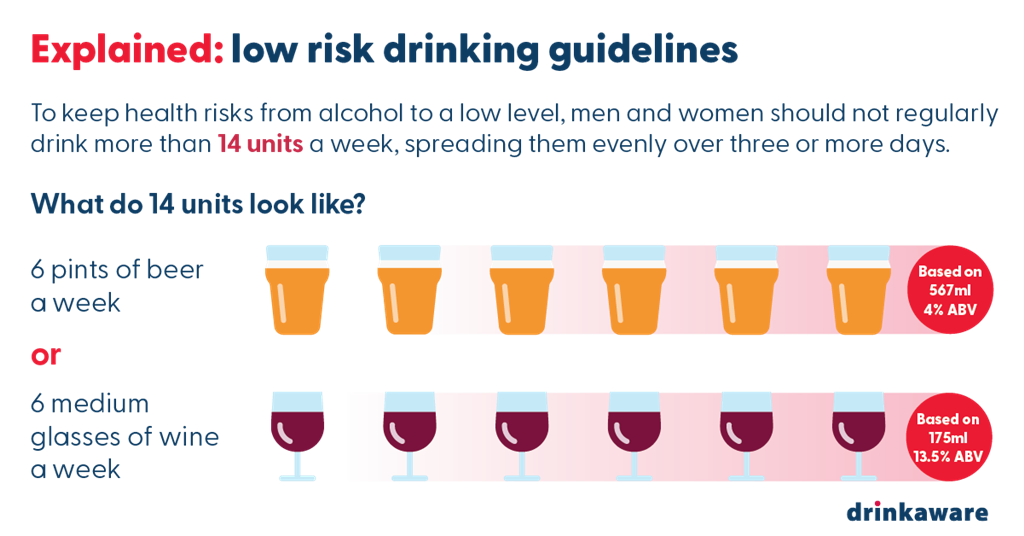

In the autumn of 1997 a second questionnaire was sent to the women still alive.

The Swedish Mammography Cohort is a prospective cohort study established between 19 when all women born between 19 and living in Uppsala and Västmanland counties in central Sweden received a questionnaire by mail regarding alcohol consumption, diet, height, weight, parity, and educational level 66 651 returned the questionnaire (response rate 74%). The aim of this study was to evaluate the association between long term alcohol consumption and incidence of rheumatoid arthritis in a population based, prospective, cohort study with specific reference to the dose-response relation and also to specific types of alcoholic drink. Thus, it is possible that the observed association could be influenced by other characteristics specific to a certain type of alcoholic drink. Moreover, none of the case-control studies reported on the consumption of specific types of alcohol (beer, wine, or liquor). 9 10 11 Since case-control studies may be affected by differential recall bias, it is difficult to conclude whether alcohol is inversely associated with rheumatoid arthritis. 2 3 4Ī significant inverse association between alcohol consumption and risk of rheumatoid arthritis in both men and women has been observed in case-control studies 5 6 7 8 but not in cohort studies. 1 It is known that long term alcohol consumption may affect immune function and that alcohol may down regulate production of proinflammatory molecules. The prevalence of rheumatoid arthritis in the adult population is around 0.8%, higher in women than in men. Rheumatoid arthritis is an inflammatory autoimmune disease that primarily affects the joints. There was a statistically significant 37% decrease in risk of rheumatoid arthritis among women who drank >4 glasses of alcohol (1 glass = 15 g of ethanol) per week compared with women who drank 3 glasses of alcohol per week in both 19 had a 52% decreased risk of rheumatoid arthritis compared with those who never drank (relative risk 0.48 (0.24 to 0.98)).Ĭonclusion Moderate consumption of alcohol is associated with reduced risk of rheumatoid arthritis. Results During the follow-up period (226 032 person years), 197 incident cases of rheumatoid arthritis were identified. Data on alcohol consumption were collected in 19. Main outcome measures Newly diagnosed cases of rheumatoid arthritis identified by linkage with two Swedish national registers.

Participants 34 141 women born between 19, followed up from 1 January 2003 to 31 December 2009. Setting The Swedish Mammography Cohort, a population based cohort from central Sweden. Worldwide consumption in 2016 was equal to 6.4 litres of pure alcohol consumed per person aged 15 years or older.Objective To analyse the association between alcohol intake and incidence of rheumatoid arthritis in women.ĭesign Prospective cohort study with repeated measurements. Beer refers to malt beer, wine refers to grape wine, spirits refers to all distilled beverages such as vodka and similar products, and the column "other" refers to all other alcoholic beverages, such as rice wine, soju, sake, mead, kumis, cider, kvass, and African beers ( kumi kumi, kwete, banana beer, millet beer, umqombothi etc.). The next four columns are a breakdown of the recorded alcohol consumption by type. Total is the sum of the recorded and unrecorded consumption. Unrecorded consumption ( homebrew, moonshine, smuggled alcohol, surrogate alcohol etc.) was calculated using expert judgements and surveys. The column "recorded" refers to the average recorded consumption for the period 2010. The methodology used by the WHO calculated use by persons 15 years of age or older. The table below for 189 countries uses 2016 data from the WHO report published in 2018. ^ Officially named Swaziland until April 2018.Ĭomprehensive list with data from 2016.Countries Recorded per capita consumption of pure alcohol (litres) per adult 15 years of age and over per year


 0 kommentar(er)
0 kommentar(er)
